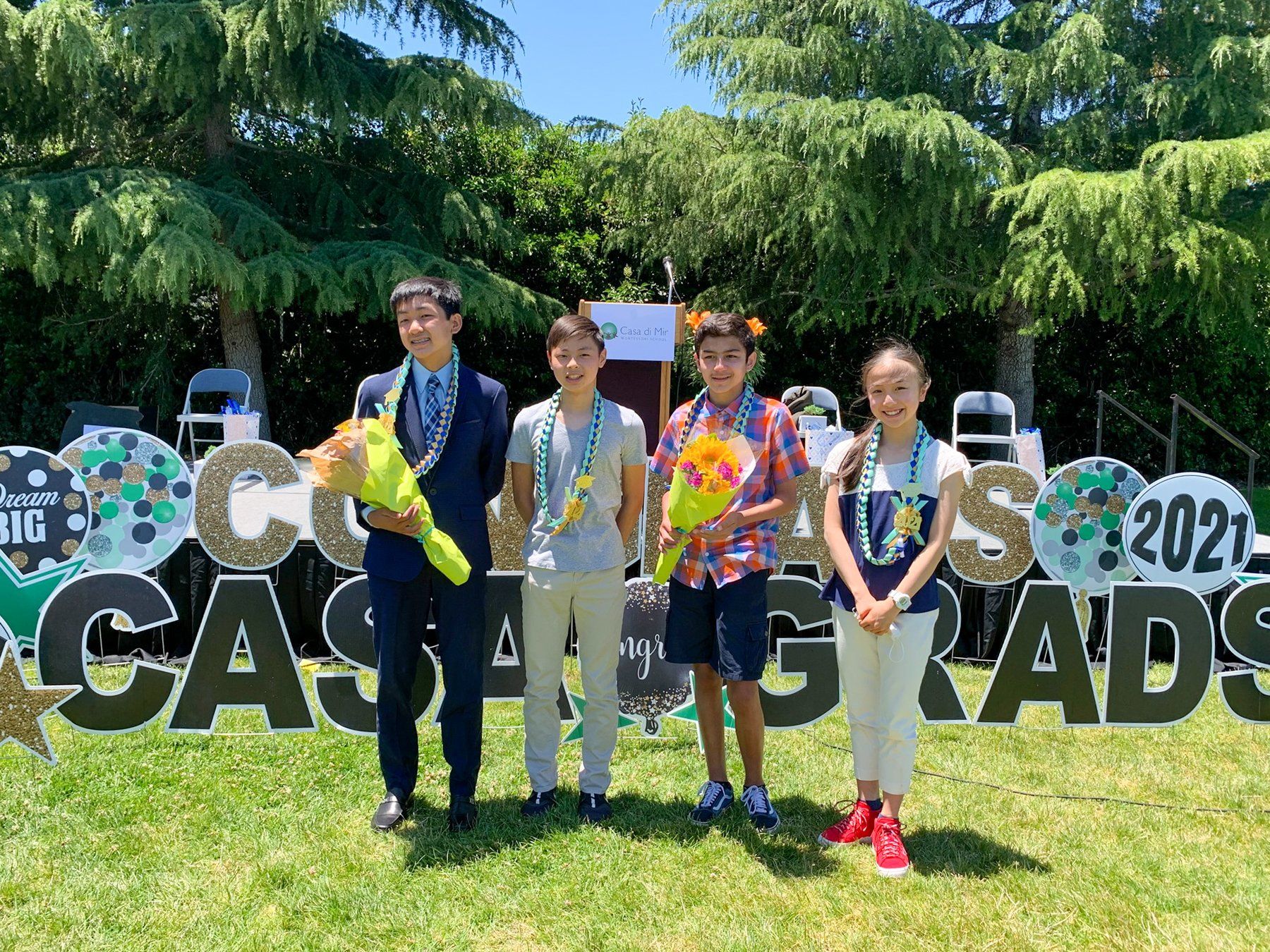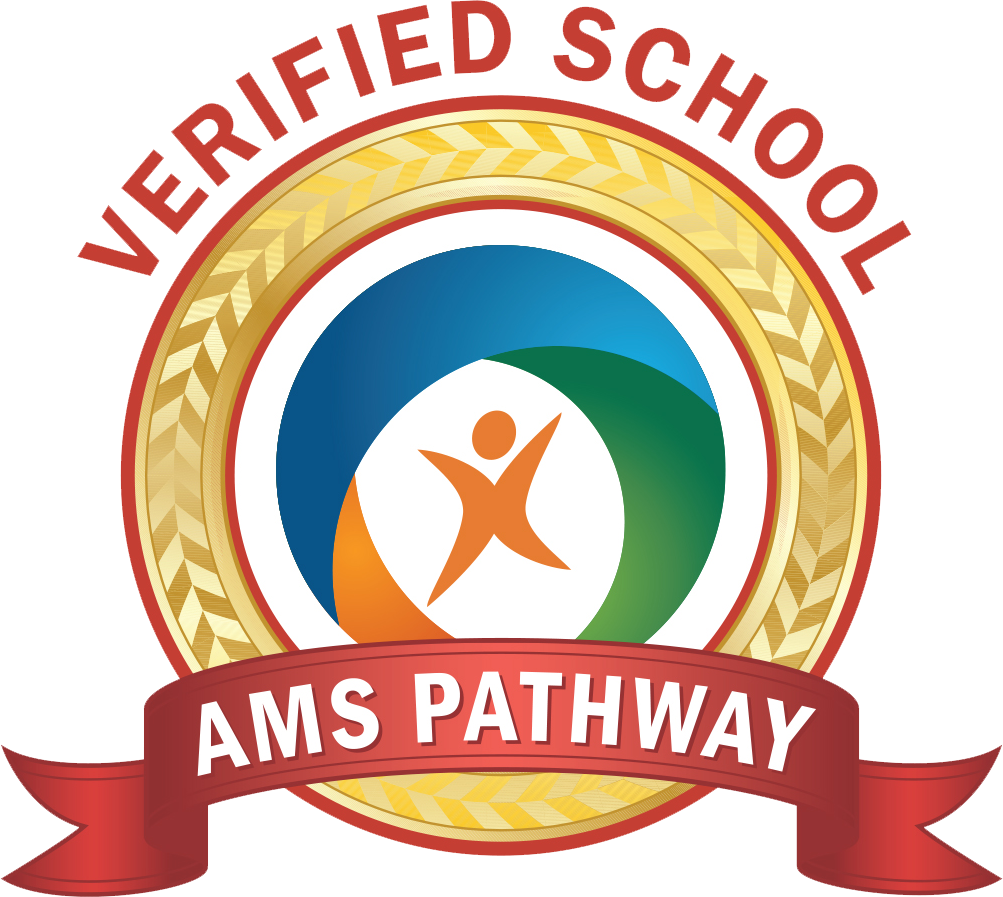Life After Montessori

One of the most frequently asked questions parents have for Montessori schools, especially after their child has been enrolled for a year or two, is:
How will my child transition into other schools once their Montessori career is complete?
Some families are just curious about what the transition is like. Others worry that their child won’t be prepared for “the real world”. Our answer is straightforward and it definitely puts parents’ minds at ease.
Staying the Course
First and foremost, we would like to emphasize that every year you give your child in a Montessori environment is a gift. We fully acknowledge the sacrifices our families make to ensure their children are able to experience this very special type of education. There is the obvious financial component, but we know parents often drive out of their way to get to our school. We know participating in our community sometimes means an extra time commitment. We know our parents spend quite a bit of time learning about their child’s education.
We are deeply grateful and recognize all your time and efforts.
We know that sometimes there are factors that make re enrollment decisions difficult for families. That being said, we do want to express that the longer your child is able to stay in a Montessori environment, the stronger the benefits will be for them.
The most critical decision might be allowing a child to complete the cycle they are in. For example, some public school districts begin offering free education starting in kindergarten. If a child attends a Montessori primary program for the first and second years, but leaves before they have a chance to experience their third, they are unfortunately missing a very substantial benefit of the model. Our three-year cycles are intentional; the first year is about looking up to models and grazing new information, the second year is about practice (both in regard to academic skills and mentorship), and the third year gives children the opportunity to achieve academic skill mastery and serve as leaders for the younger children in the class.
Missing out on the kindergarten year is like cake without the icing.
The same goes for the other levels, where Montessori education is carefully structured to support the child through their specific developmental phases. They are respected and honored for who they are, their teachers are able to grow with them long-term, and they continue to experience a genuine joy of learning.
But What About Grades? Tests? Differently-Structured Learning Environments?
Since Montessori schools are structured so that children learn to focus on self-improvement and development, as well as fuel their motivation internally, things like grades and tests don’t make sense. Neither does it make sense to have a teacher standing at the front of a class lecturing the same prescribed information to everyone at the same time.
When a student is college-aged and chooses their own course of study, it makes perfect sense to employ some of these strategies. The student is at a different developmental phase in their life; they have decided what they would like to focus their efforts on, and they have had sufficient time and practice to develop time management skills, internal motivation, and a strong sense of self.
As for the in-between time, when a student leaves a Montessori school and experiences another learning environment for the first time? Academically, they are typically very prepared. We often hear about our graduates feeling quite comfortable with the content and rigor of their classes. Their experiences with our math materials, in particular, tend to resonate deeply as they engage in higher-level courses. As for other areas of study, our students tend to have strong reading skills, solid understanding of effective research strategies, and a general delight and excitement for learning about science and the world (and universe) around them. These attributes make for a smooth academic transition.
How Do Montessori Alumni Fare Socially?
Moving into a new school environment presents a transitional period for all children. What we typically hear from most families as their child settles in elsewhere:
● The child notices differences in the way people behave in different settings.
● The child, who has a firmly-developed sense of who they are, is able to find a friend group that is supportive and like-minded.
● The child has a deep sense of empathy, which helps them navigate their way through this different environment.
● After a bit of time, Montessori alumni often tend toward leadership and mentoring roles in their new schools.
● The child becomes an active member in the new school community, taking advantage of experiences, classes, or clubs that speak to their personal interests.
Are There Long-Term Benefits?
The types of skills Montessori children gain are exactly the types of skills that set one up for a life of success. They are passionate about their work. They treat others with fairness and kindness. They care about the connections in their communities. They are independent thinkers who are capable of sorting through the information we are all bombarded with on a daily basis.
In fact, some of the most well-known and influential people in the world credit their Montessori education for their success. You’ve likely seen lists and read about many of these folks already, but if you haven’t, you can learn more here.
It is only natural to wonder, “What’s next?”. Hopefully we have shed a little light on the subject, but if you still have questions, as always, we encourage you to reach out!

